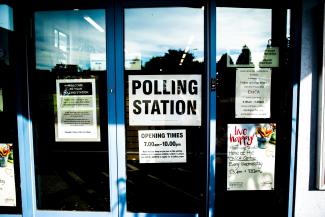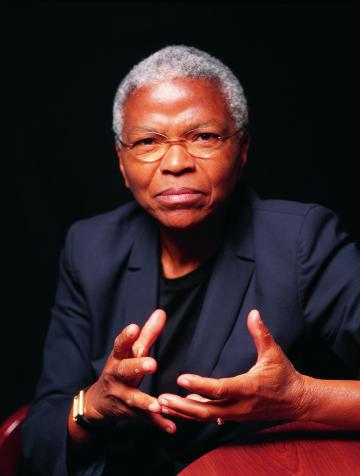
In a 6-3 decision penned by Justice Samuel A. Alito Jr., the Supreme Court has ruled that Arizona’s election laws do not violate the Voting Rights Act. In her dissent in the Brnovich v. Democratic National Committee decision, Justice Elena Kagan called the ruling “tragic,” saying that “too many states and localities are restricting access to voting in ways that will predictably deprive members of minority groups of equal access to the ballot box.”
Two points were up for debate. Arizona’s out-of-precinct policy, wherein the county discards any provisional ballots cast out of precinct regardless of whether or not the person is eligible to vote, and H.B. 2023, a new law passed in 2016 by Republican legislators, which ensures that ballots have to be collected and dropped off by the voter rather than a third party. The Democratic National Committee alleged that this law is racially discriminatory.
“The Arizona cases have told us what the present court considers the standard for deciding whether a voting procedure discriminates on the basis of race or color,” says Mary Frances Berry, Geraldine R. Segal Professor of American Social Thought and professor of history and Africana studies. The majority decision is “not a serious interference” with the Voting Rights Act she says, if one agrees with the Carter/Baker 2005 Commission report, cited by the court’s majority, that mail-in and absentee ballots may present issues of fraud.

“However, Justice Kagan’s dissent drills down on the issues to makes clear that what the majority sees as inconveniences—such as transportation—are major burdens on the opportunity to choose a candidate of their choice for many voters, especially Native Americans and Latinos in Arizona,” says Berry.
Read the entire story HERE
